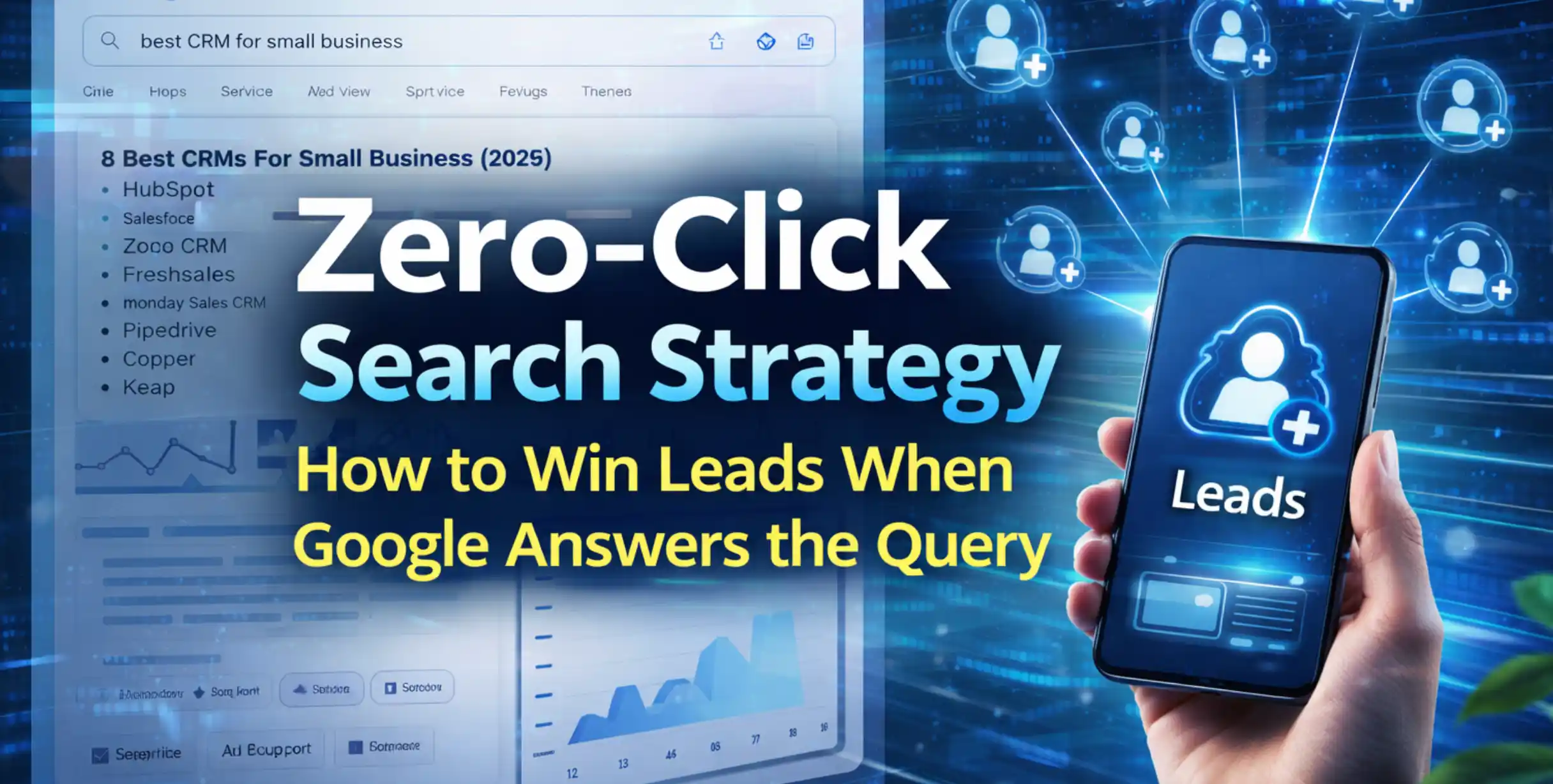Modern Trends in IT Staff Augmentation Companies
Updated on
Published on
The IT talent recruitment market has seen a huge change in the last few years. Driven by automation and artificial intelligence (AI), it is in the middle of a profound transformation. With rapidly evolving technology, the fields of marketing and human resources are converging, causing a dynamic synergy that is changing how businesses are identifying, attracting, and retaining talent.
According to the findings of a McKinsey report, 56% of businesses are deploying resources to improve the efficiency of their recruitment processes through AI integration. Many companies are also opting for staff augmentation services, where they are outsourcing to hire professionals temporarily, for a specific project to supplement their internal workforce, or to meet fluctuating demands without incurring any fixed cost.

Current Trends in IT Staff Augmentation Companies
Staff augmentation has emerged as a preferred choice for many companies as it provides access to specialized skills, the ability to scale when needed, and cost savings. This flexible staffing model is letting companies remain competitive by filling talent gaps, adapting to fluctuating workloads, and accelerating the project timeline without any long-term commitment.
- Access to specialized latent – Companies can hire talent quickly with niche knowledge, and this talent may not be so easily available through the traditional recruiting channels.
- Scalability and flexibility – Staff augmentation services let businesses scale up and down as and when needed, depending on seasonal demands, project requirements, and technology needs, without the burden of costly training and overhead expenses.
- It is cost-effective – This is an economical solution to find talent and avoid a long-drawn hiring process, the cost towards benefits, training, and office space.
- Quick time-to-market – By finding ready-to-work professionals, businesses will be able to accelerate project delivery and launch services or products quickly, which gives them a competitive edge.
- Improved agility – Businesses can adapt quickly to project demands and market changes, allowing them to remain competitive. The company can also respond to opportunities with greater efficiency and speed.
- Better project focus – An augmenting team can work on temporary or specialized tasks, while the internal staff may focus on their core responsibilities, thus enhancing the quality of work and overall productivity of the organization.
The Shift Toward Hybrid and Distributed Teams
The rise of hybrid and remote work models has changed the worldwide workplace permanently, greatly because of the COVID-19 pandemic. Subsequently, the demand of employees for better work-life balance and flexibility has further established this as a new norm. Many businesses have adopted hybrid models to balance collaboration and flexibility, driven by tech advances that support remote work. Increasingly, businesses are adapting policies that allow flexible work and focus on results rather than the number of hours worked.
Staff augmentation is an enabler of remote and hybrid work models, allowing businesses to move towards a system that has become popular. Staff augmentation works for distributed teams to work from different locations, whether an offshore office or even from home.
Businesses can gain in various ways –
- Access talents from anywhere in the world – This hybrid model lets companies using staff augmentation to find talent with specialized knowledge from anywhere, thus eradicating the geographical barrier.
- Flexibility in delivery – Staff augmentation fits both the external talent preferences of a business and its internal hybrid work policies, whether the work is to be done on-site, fully remote, or a mix of the two.
- Meeting the changing requirements – The combination lets companies adapt quickly to project demand changes by finding a specialized external workforce that can work seamlessly within distributed, hybrid teams.
Growing Demand for Niche and Specialized Skills
The demand for specialized and niche skills is growing fast across industries, especially in technology fields like machine learning, artificial intelligence, cybersecurity, and data science. This growing demand is being driven by the emergence of new technologies and a worldwide talent shortage. As noted by Roman Oliinychenko, CEO of newwavedevs, a company focused on IT staff augmentation, “Many industries, particularly IT and healthcare, are facing a huge shortage, making people having these skills extremely valuable.”
- Artificial Intelligence and Machine Learning Engineers
In 2025, these professionals are at the forefront of innovation. The worldwide AI market is expected to grow by 37.3%, making this one of the most in-demand professions. The average salary for AI/ML engineers in 2024 was between $120,000 and $160,000 annually, which is also expected to grow significantly.
- Cybersecurity Analysts
These analysts are also in high demand because of the growing cyber attack threats. Their demand will skyrocket as businesses plan and implement defense mechanisms to safeguard their digital assets. The worldwide cybersecurity market is expected to be valued at $403 billion in 2027.
- Cloud Architects
The preference for cloud-based infrastructure is boosting the demand for this tech job. Cloud architects deploy and manage cloud environments. By the end of 2025, cloud computing is expected to be valued at $1 trillion. In 2024, cloud architects made between $120,000 and $180,000. This will surely increase manifold.
- Data Scientists
Data scientists play a very important role in the tech industry as businesses rely on data-driven decision-making. Companies will continue to leverage AI, big data, and predictive analytics, thus increasing the demand for professionals in this sector.
- DevOps Engineers
DevOps engineers made between $110,000 and $145,000 in 2024. With increasing demand for cloud infrastructure, containerization, and automation, DevOps engineers are likely to be in high demand. Their salaries are expected to grow by 10-12% in the next few years.
- Blockchain Developers
Smart contracts, NFTs, and decentralized finance (DeFi) are creating an impact on supply chain management, healthcare, and finance. As such, by 2028, the blockchain market is likely to reach $104 billion, fueling the demand for skilled blockchain developers.

Nearshore vs Offshore: Geographic Shifts
In both offshore and nearshore outsourcing, work is delegated to external talent. However, there is a difference in geographical location. Nearshore refers to outsourcing to a geographically neighboring country, often in the same time zone. Offshore outsourcing refers to contracting to a distant country, perhaps on another continent.
Many big and even mid-sized businesses in staff augmentation and outsourcing strive to achieve a balance between nearshoring and offshoring. The priority is to get the right talent, achieve cost optimization, and leverage time zone benefits.
IT staff augmentation is growing throughout the world, especially the Latin American countries like Brazil and Colombia. There is also growth in the Eastern European countries like Poland and Czechia.
Future Outlook
The increasing demand for hyper-specialized skills and the reliance on remote and hybrid models will keep pushing the demand for IT staff augmentation. In 2023, the IT staff augmentation service market was valued at USD 299.3 billion. By 2031, this is expected to reach USD 857.2 billion, which is an impressive CAGR of 13.2%.









